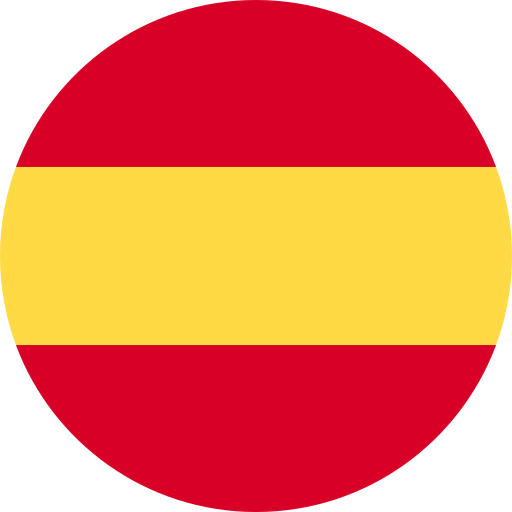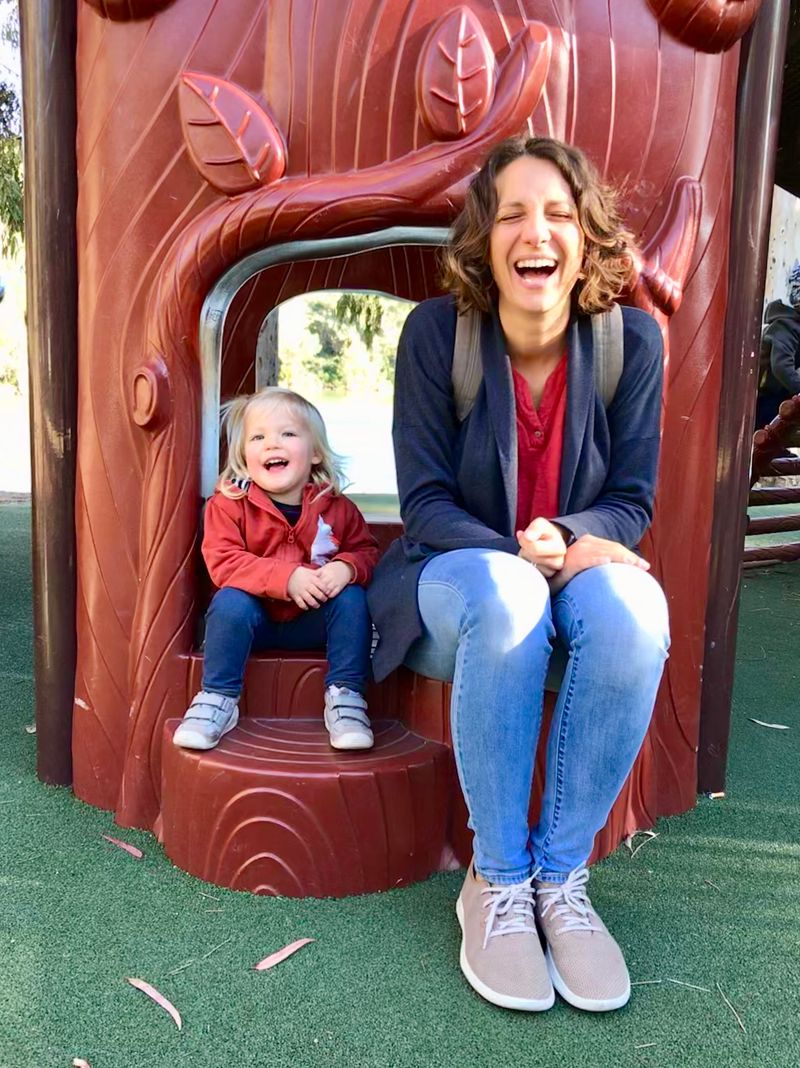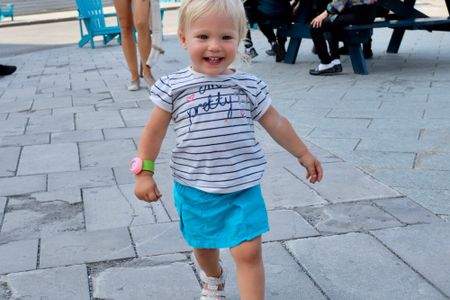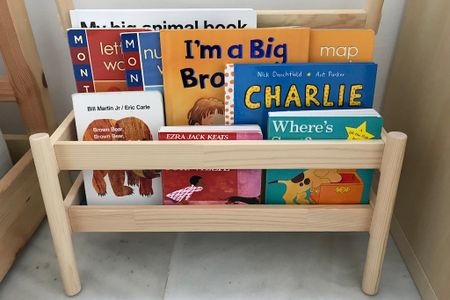10 thoughts to help a 2 year old
Disclaimer: when I say "2 year old” I mean the age between ~18 months and ~3 years, also known as the self affirmation developmental phase. Ages are indicative, children are all different and each family and individual has its own history.
When you write to me that your children:
- cry for nothing
- shout if you say NO
- break other kids’ toys / pulls hair / pushes / bites
- don't accept anything you suggest
I generally ask: are they 2 years old?
Being 2 years old is like someone takes you and puts you through the spin cycle at the highest speed. This is how confused 2-year-old kids are. And this when they need you and your understanding the most, a million times more than usual.
Remember: it's when your children struggle the most that they need you most.
There is no magic wand for the "terrible twos" crises and struggles, but there are some things we can keep in mind and some "tricks" we can try (without expecting miracles—which don't exist):
- When we feel that our child is being a real struggle to us, we need to remember that they are struggling more. The best strategy is always to try and keep calm in every way possible: your calm is their calm.
- This is the age when they want to practice their will and independence as much as possible: it's obvious that if we say NO all the time, we're bound to get into a power struggle.
- Preventing power struggles is possible: for example, we can say less NOs (most of the NOs we say are unnecessary) and we give two options so that we leave the choice to our kids. And before saying NO, let's always ask ourselves if it's REALLY necessary!
- Saying less NO and giving two options is not spoiling, it's long-term education: it's giving children the opportunity to practice will and independence — which is what they need between 18 months and 3 years old.
- Most of the power struggles start because we adults don't know how to put our egos aside: for example, if we say "you can't climb up there" we think that, since we have already said it, we must enforce it. This is not only wrong, but it conveys an unhealthy model of managing the ego. When we educate long-term we want to show that we can question ourselves.
- If you know that your child is breaking other kids' toys / hitting / pulling hair / going through an aggressive phase -> 1. it's normal and it's OK! (Maybe some changes in their life are causing this behaviour?) 2. For a while, stay close to them when they play with other children so you can teach them, with kindness and patience, how to treat others and toys.
- If you know your child screams when you say NO-> 1. Try to avoid the NO; 2. try to turn the NO into a yes. "Don't climb up there" -> "You can climb up there with my help. Would you like me to help you?" and then ask them when they're ready to climb down. If you say NO, they'll want to do it more; if you help, they learn to call you for help.
- If your child "cries for nothing" -> NO, kids rarely cry for nothing, there is always a reason behind their behaviour. Observe them more.
- If you don't understand the reason of their crying -> show even more understanding and empathy. Offer a hug or if they don't want one tell them you're there for when they feel like it.
- You, adult, matter. Your will also matters. Understand what you are willing to offer and then be consistent and coherent. If you're not willing to offer ice cream, it's a firm but gentle NO, despite the crying. If you still don't know if you want to offer an ice cream or not, don't say NO by default: take your time and understand what you are willing to offer before communicating it to your children.
Last but not least: don't focus on what other people think. Be water, let people's stares flow. Unfortunately we live in a world in which many parents instead of helping each other prefer to judge each other, as if they didn't remember they too struggled. 1. Don't be one of those parents and 2 Don't worry about what others think: you and your child are the priority.






